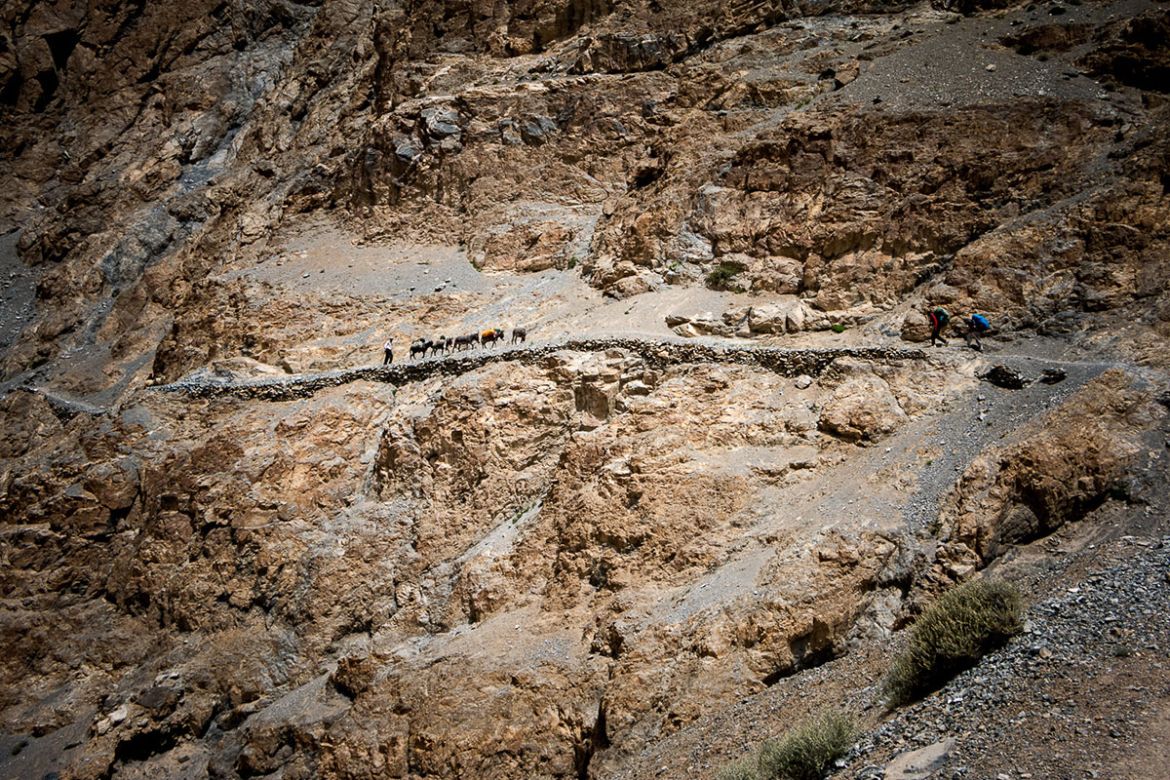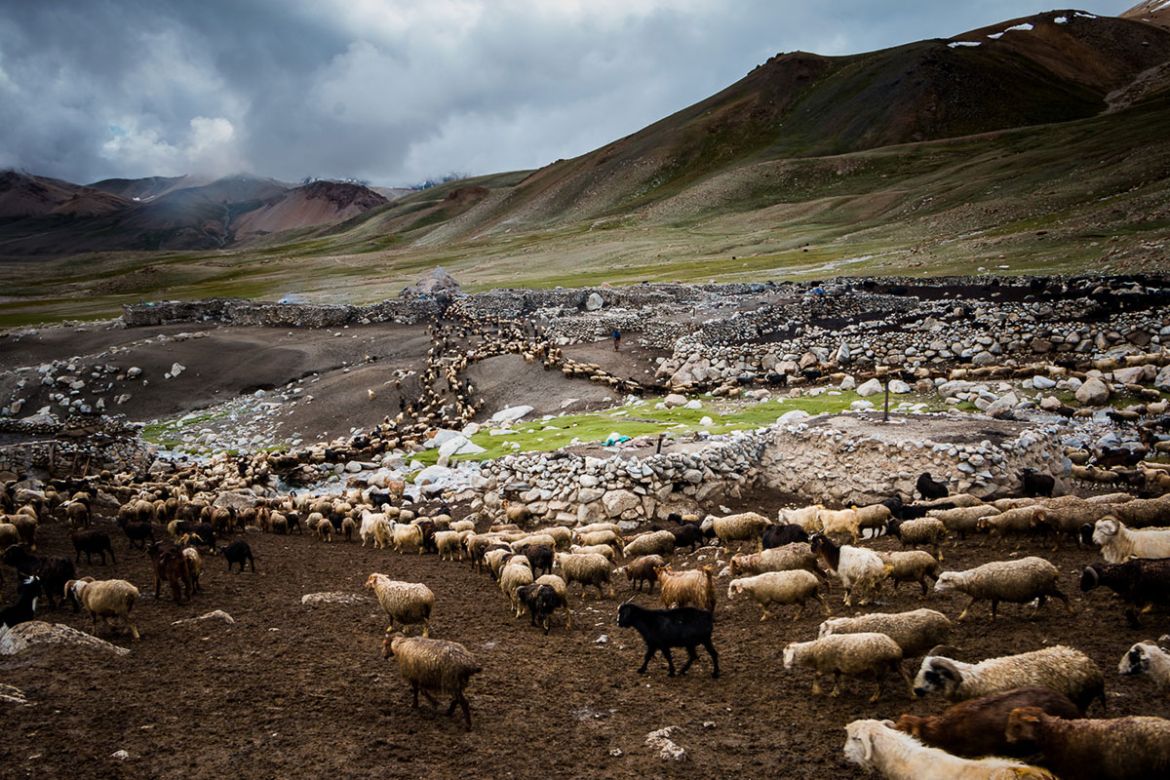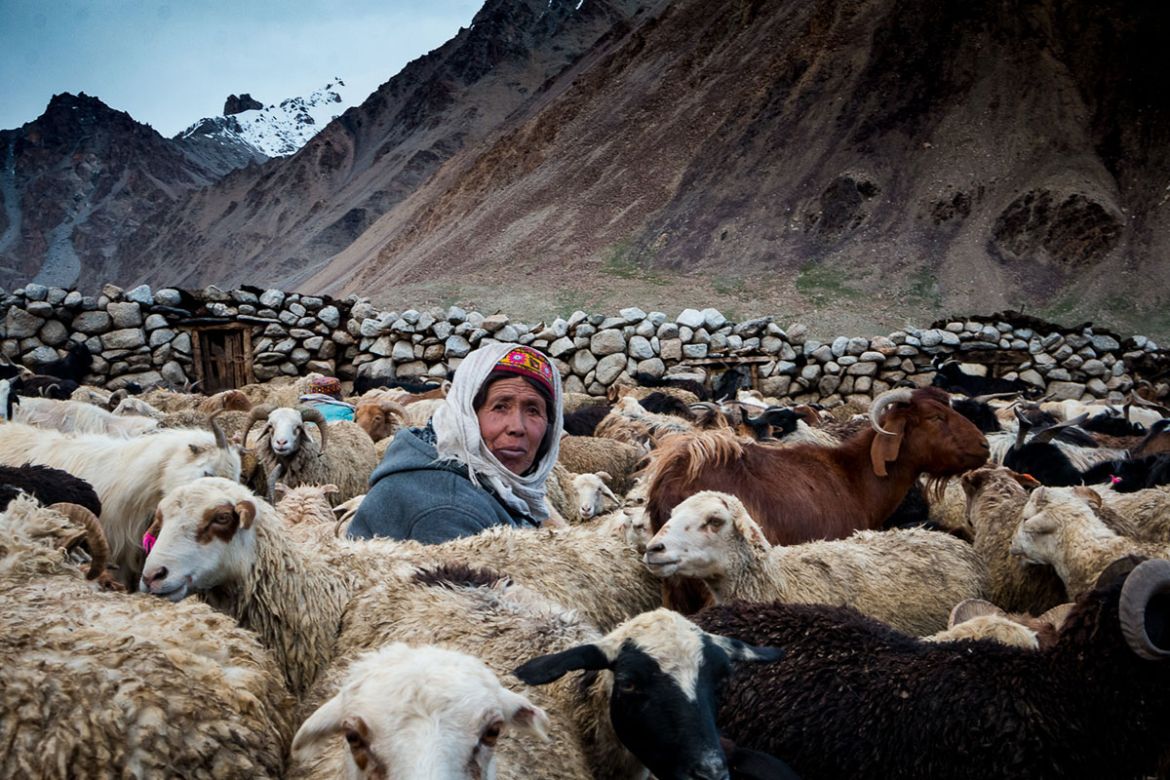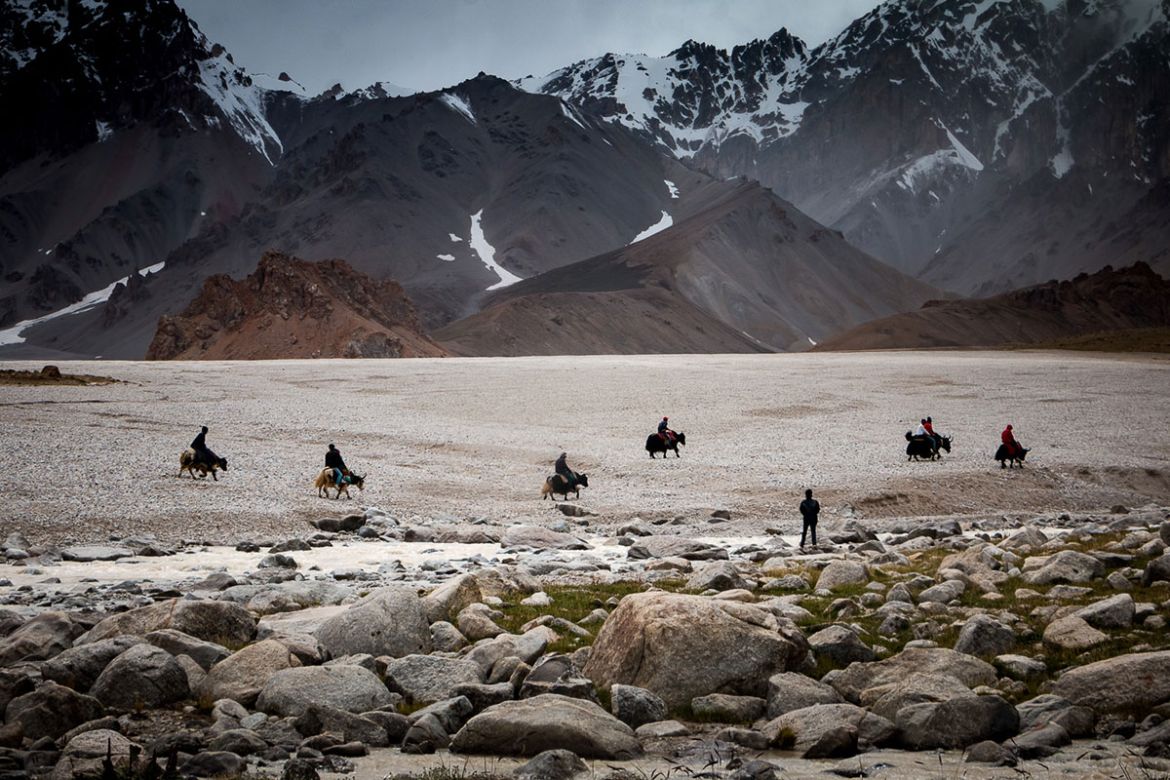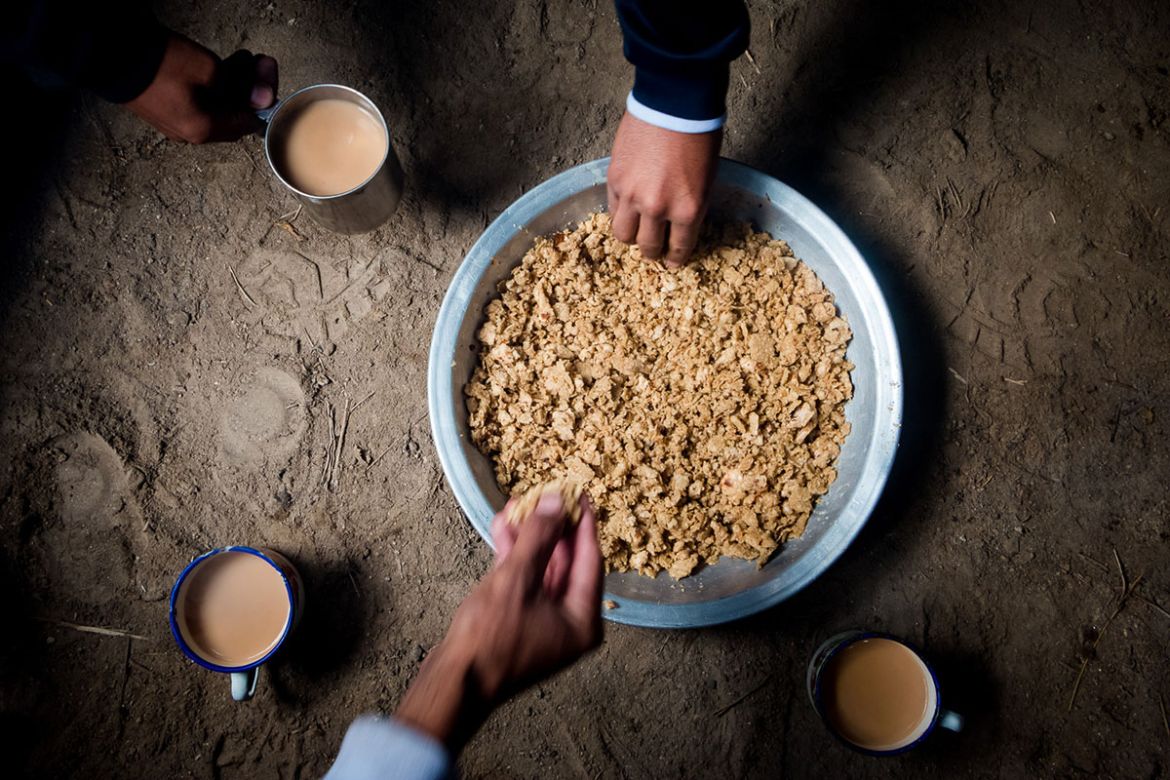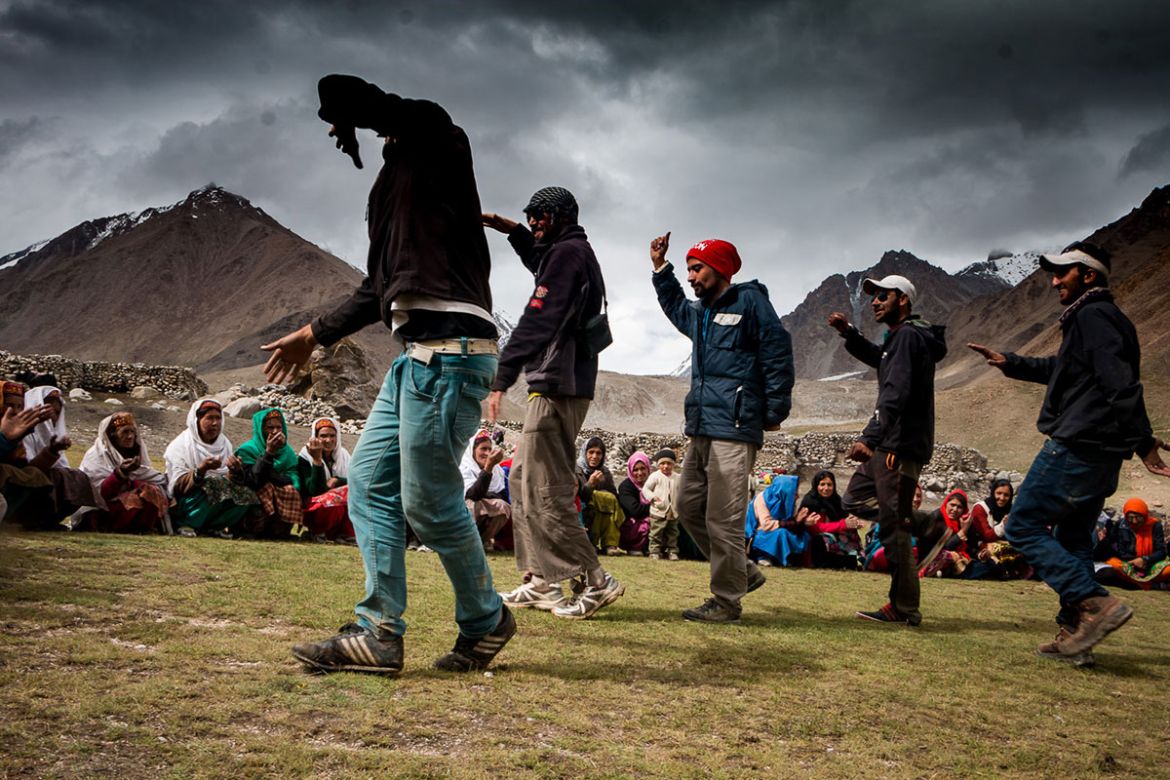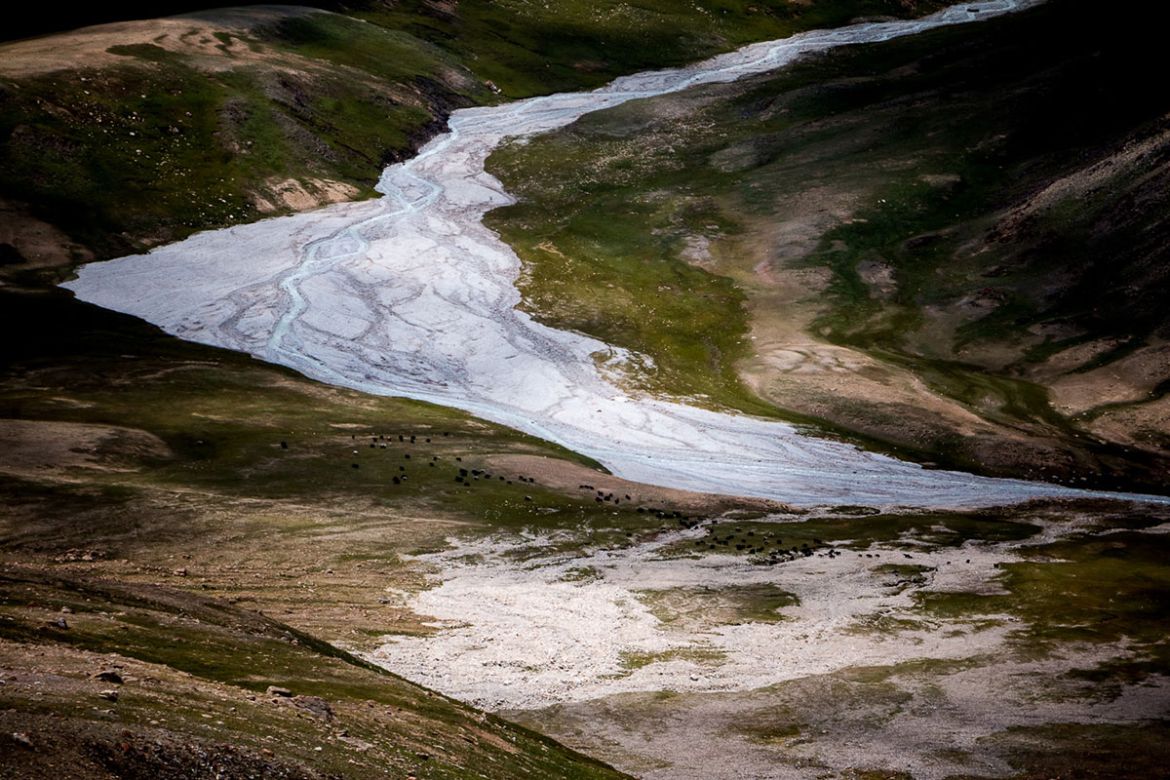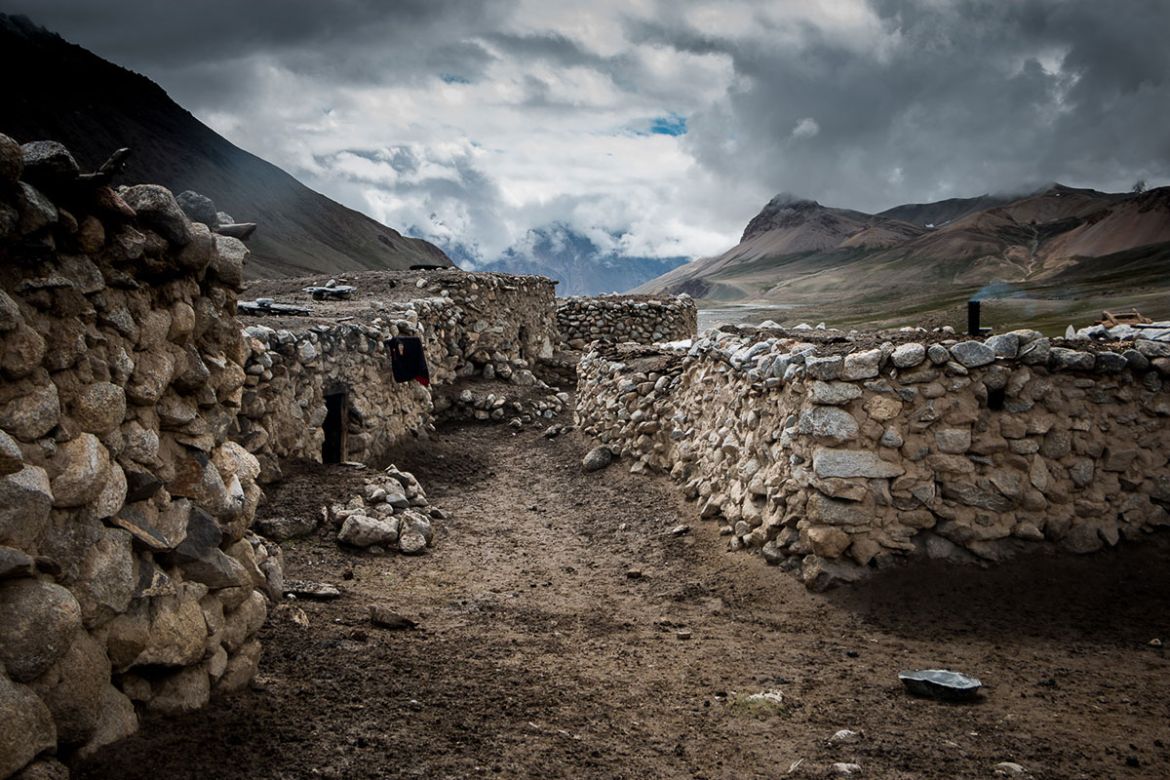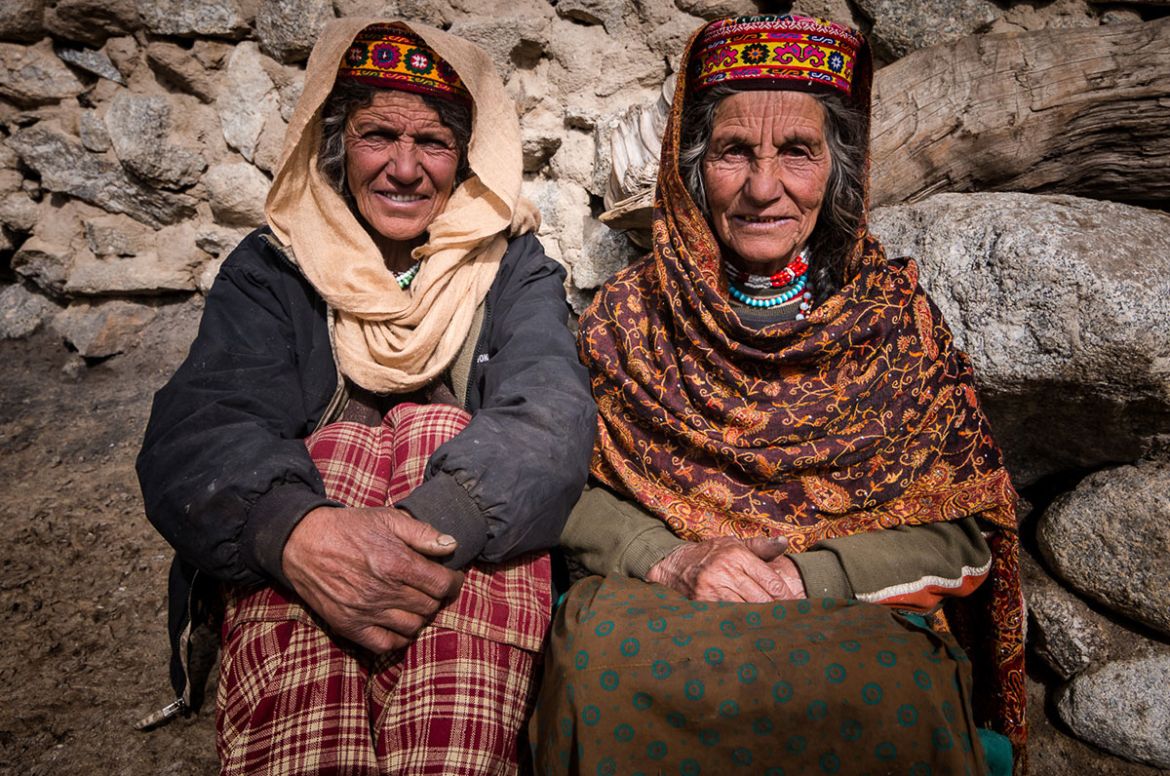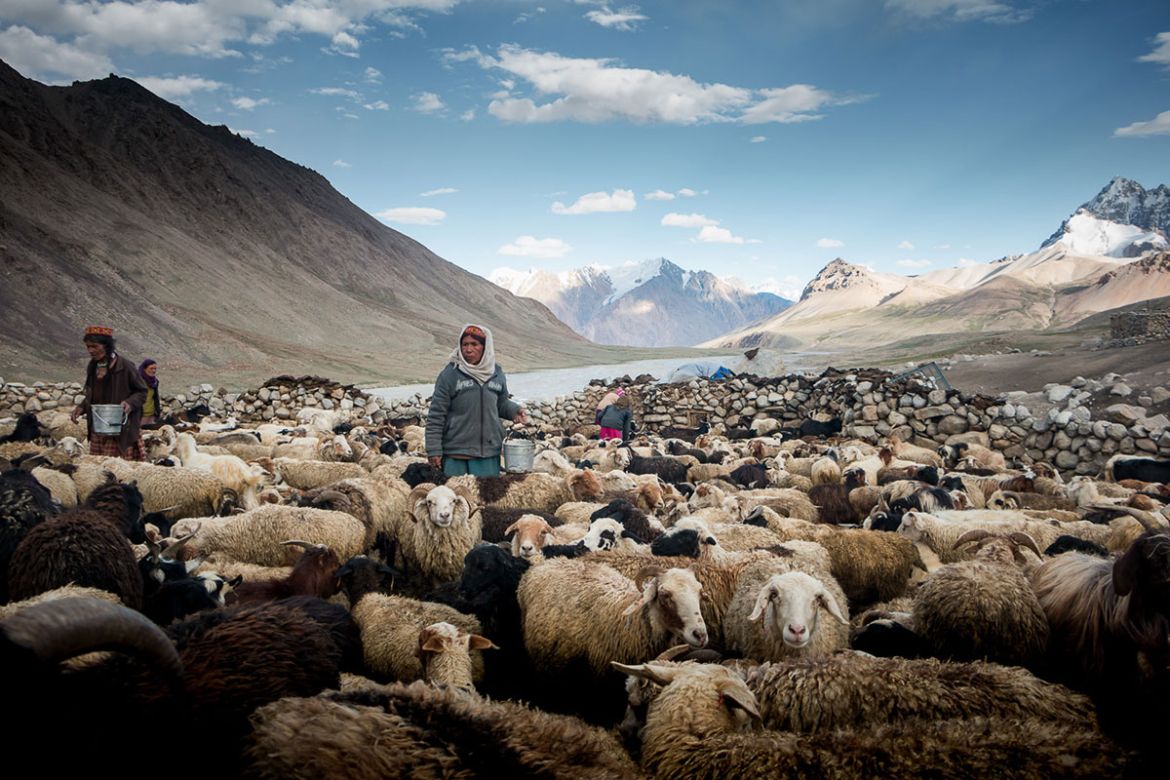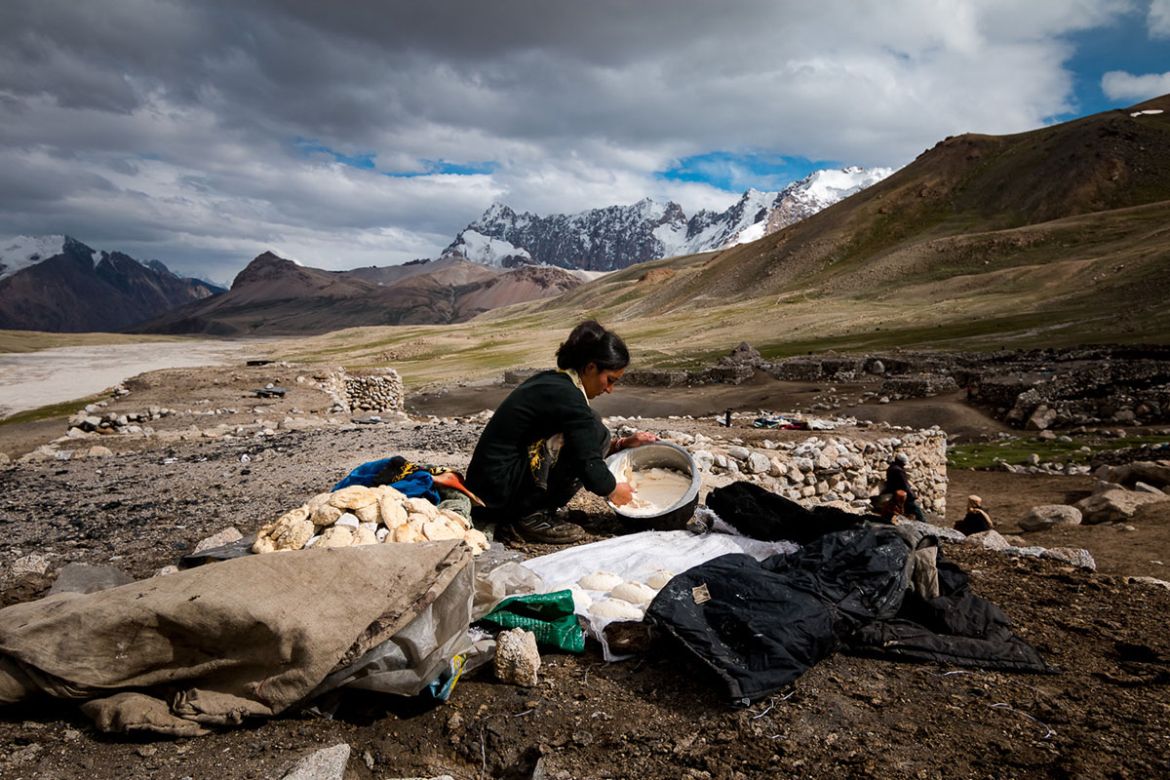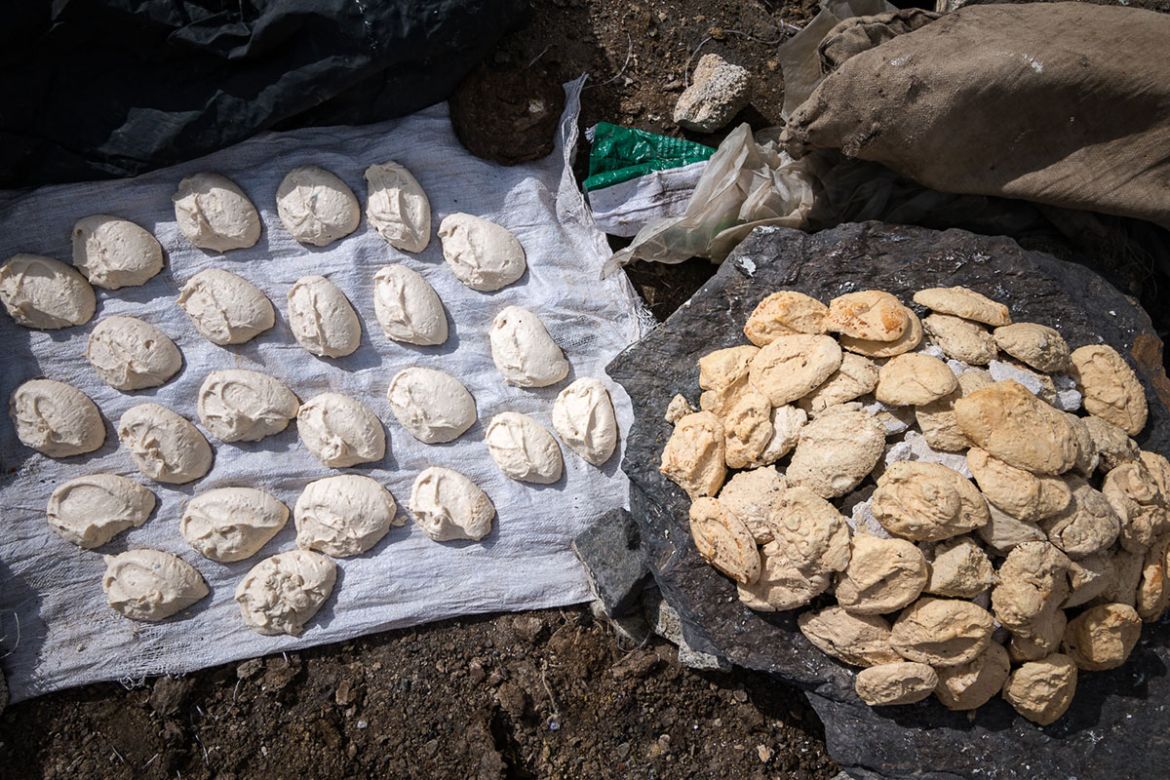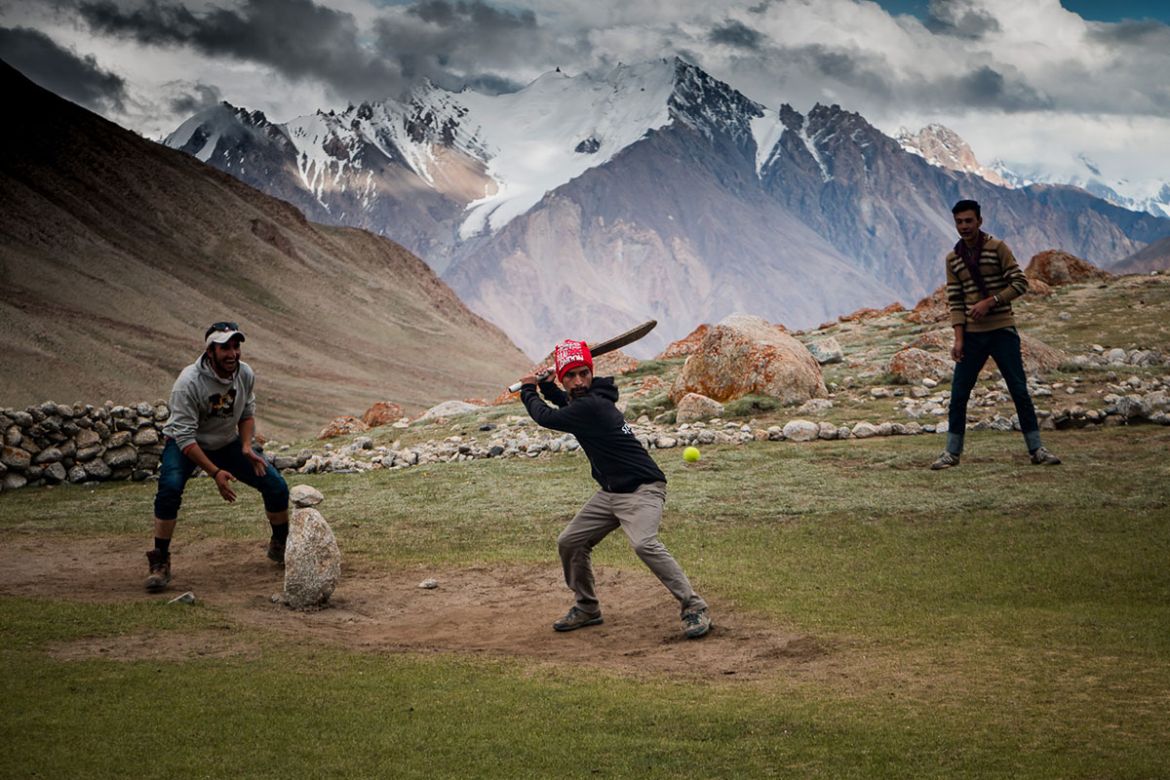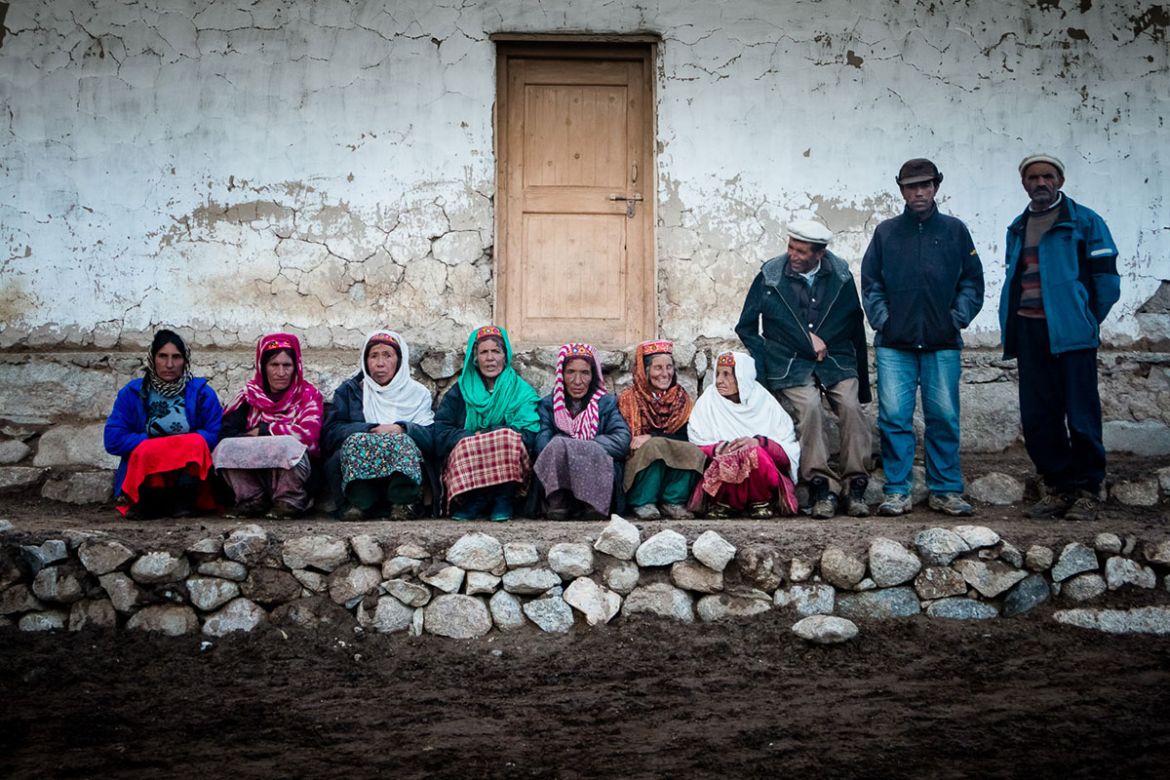In Pictures
The last shepherdesses of Pamir in Pakistan
The valley at an altitude over 4,500 metres has seen gradual desertion as youngsters move out for better opportunities.

Shimshal Valley, Pakistan – Nestled in the Karakorum Range in northern Pakistan, the remote Shimshal Valley adapts each year to the rhythm of the mountains, with the transhumance – the seasonal movement of people with their livestock – led by women.
The Wakhi ethnic community who reside here are proud of this unique women-led tradition.
In springtime, a handful of women and a few men settle an ephemeral hamlet at an altitude of over 4,600 metres. They spend five months in harsh, isolated conditions, with only basic comforts and a three-day walk to the nearest village.
The Shimshal Valley – home to 1,750 residents – was only connected by road to the Karakorum Highway in 2003, after 18 years of construction. The road has facilitated better access to major cities, resulting in higher education and employment for the people of this remote valley.
The desire of the Wakhis for better education led young people – both girls and boys – to leave for cities, initially to study, which gave them better employment opportunities.
Faced with these conditions, the end of this singular feminine pastoralism seems inevitable. The shepherdesses of Pamir are conscious of living the last years of a beautifully harsh tradition; of being the custodians of a fading ancestral knowledge.
